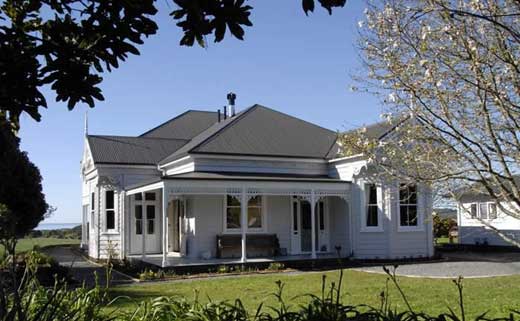House prices were up by a miniscule 0.93% during the year to Q1 2022
New Zealand’s house price growth is slowing sharply, amidst rising borrowing costs and increasing housing supply. Median house prices rose by a meager 0.93% (inflation-adjusted) in Q1 2022 from a year earlier, a sharp slowdown from a y-o-y increase of 22.2% in Q1 2021. It was the lowest growth recorded since Q4 2018 when house prices fell slightly. On a quarterly basis, real house prices fell 3.34% in Q1 2022.

Demand is now falling
In April 2022, residential property sales across New Zealand plunged 35.2% y-o-y to 4,860 units, amidst the recent changes to the Credit Contracts and Consumer Finance Act (CCCFA) lending rules, and the growth in available stock, according to the Real Estate Institute of New Zealand (REINZ).
Inventory is rising rapidly. All regions recorded at least a 20% annual increase in inventory, with seven regions registering over twice as much as they had a year ago. In April 2022, the total number of properties available for sale nationally surged 70.8% to 27,050 units from just 15,838 units a year earlier.
Rents, rental yields: Good yields at 5.48%
Apartment costs in Auckland are around $7,209 per sq. m.
| New Zealand: typical city centre apartment buying price, monthly rent (120 sq. m) | |||
| Buying price | Rate per month | Yield | |
| Auckland | $412,571 | $1,885 | 5.48% |
Recent news: New Zealand’s economy expanded by 5.6% in 2021 from a year earlier, marking a full recovery from the prior year’s 2.1% contraction due to the Covid-19 pandemic. The economy has been growing robustly in the past decade, registering an annual average growth of almost 3% from 2010 to 2019. The International Monetary Fund (IMF) expects the NZ economy to grow by a modest 2.7% this year.
In May 2022, the Reserve Bank of New Zealand (RBNZ) raised its Office Cash Rate (OCR) further by 50 basis points to 2.0%, its fifth consecutive rate hike and the highest since November 2016, in an effort to rein in inflationary pressures.